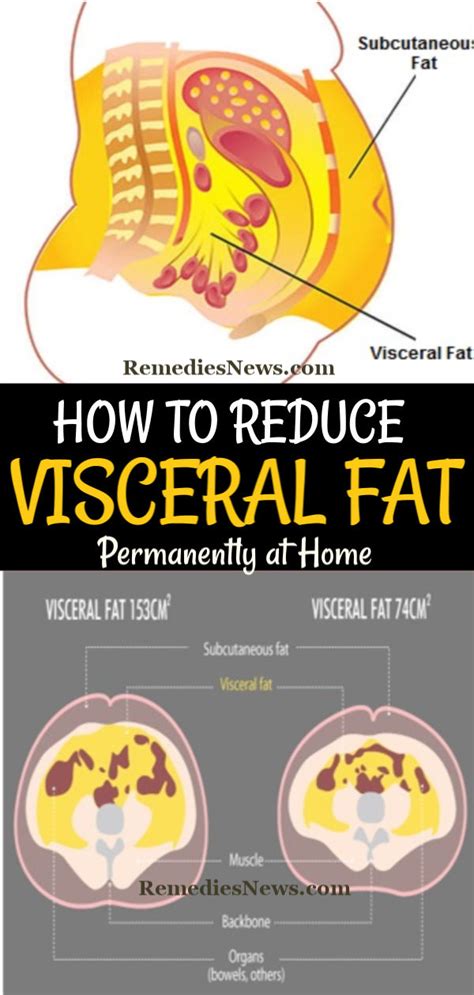How to Reduce Visceral Fat: A Comprehensive Guide
Visceral fat, that stubborn belly fat deep within your abdomen, is more than just an aesthetic concern. It's linked to serious health problems like heart disease, type 2 diabetes, and certain cancers. Fortunately, you can reduce visceral fat through lifestyle changes. This comprehensive guide will equip you with the knowledge and strategies to achieve a healthier, slimmer waistline.
Understanding Visceral Fat
Before diving into solutions, let's understand what visceral fat is and why it's so dangerous. Unlike subcutaneous fat (the fat you can pinch), visceral fat surrounds your organs. This proximity makes it particularly harmful, releasing inflammatory substances that contribute to various health issues.
Why is Visceral Fat Dangerous?
- Increased Risk of Chronic Diseases: Visceral fat is strongly associated with an increased risk of heart disease, stroke, type 2 diabetes, certain cancers, and Alzheimer's disease.
- Hormonal Imbalances: It disrupts hormone production, leading to insulin resistance and other metabolic problems.
- Inflammation: It releases inflammatory substances that damage tissues and contribute to chronic diseases.
Effective Strategies to Reduce Visceral Fat
Reducing visceral fat requires a holistic approach focusing on diet and exercise. There's no magic bullet, but consistent effort yields significant results.
1. Dietary Changes: Fueling Your Body for Fat Loss
Focus on whole, unprocessed foods: Prioritize fruits, vegetables, lean proteins, and whole grains. These provide essential nutrients without excess calories and unhealthy fats.
Limit added sugars and refined carbohydrates: These are quickly digested, leading to spikes in blood sugar and insulin, promoting fat storage, particularly visceral fat. Cut back on sugary drinks, processed foods, and white bread.
Increase your fiber intake: Fiber promotes satiety, helping you feel fuller for longer and preventing overeating. Good sources include fruits, vegetables, whole grains, and legumes.
Choose healthy fats: Incorporate monounsaturated and polyunsaturated fats from sources like avocados, nuts, seeds, and olive oil. These fats can help reduce inflammation and improve metabolic health.
2. Exercise: Burning Calories and Boosting Metabolism
Cardiovascular exercise: Activities like running, swimming, cycling, and brisk walking are crucial for burning calories and improving cardiovascular health. Aim for at least 150 minutes of moderate-intensity cardio per week.
Strength training: Building muscle mass increases your metabolism, helping you burn more calories even at rest. Incorporate strength training exercises at least twice a week, targeting all major muscle groups.
High-Intensity Interval Training (HIIT): HIIT workouts alternate between short bursts of intense exercise and brief recovery periods. They are highly effective for burning calories and improving cardiovascular fitness.
3. Lifestyle Modifications: Beyond Diet and Exercise
Stress management: Chronic stress elevates cortisol levels, a hormone that promotes abdominal fat storage. Practice stress-reducing techniques like yoga, meditation, or deep breathing exercises.
Prioritize sleep: Adequate sleep is essential for overall health and weight management. Aim for 7-9 hours of quality sleep per night.
Hydration: Drinking plenty of water helps you feel full, supports metabolism, and aids in overall health.
Monitoring Your Progress and Staying Motivated
Tracking your progress is crucial for staying motivated. Monitor your waist circumference regularly and consider keeping a food diary to identify areas for improvement. Remember that consistency is key; gradual changes over time lead to sustainable results. Don't get discouraged by setbacks – view them as learning opportunities and adjust your approach accordingly.
Reducing visceral fat is a journey, not a race. By consistently implementing these strategies, you'll not only reduce your waistline but also significantly improve your overall health and well-being. Remember to consult with your doctor or a registered dietitian before making significant changes to your diet or exercise routine, especially if you have underlying health conditions.
